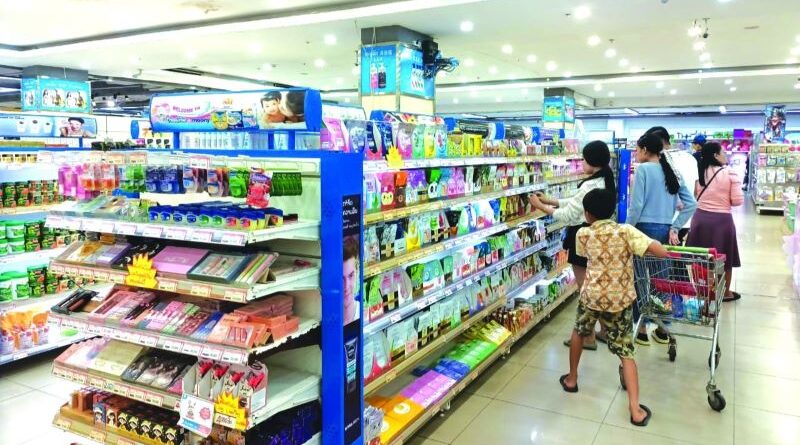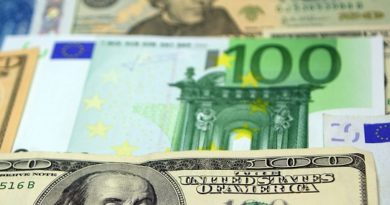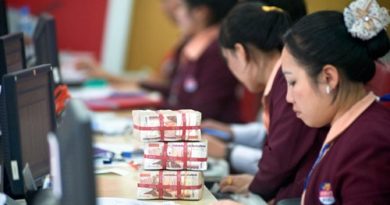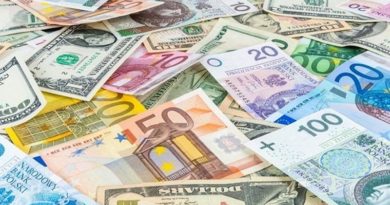Cabinet Intensifies Action to Stabilise Economy
Source: Vientiane Times
The government has called for in-depth preparations to welcome visitors in light of the rapidly rebounding tourism industry, adding fuel to efforts to revitalise the fragile Lao economy.
The tourism industry, a main source of foreign currency, has been earmarked as a key sector to bolster the Lao macro-economy.
In its monthly meeting for March, which ended on Wednesday, the cabinet observed that changes and complexities in the global environment were likely to continue to impact the country’s fragile economy.
But with signs of tourism recovery, after most countries have relaxed Covid-19 travel restrictions, the two-day meeting asked for proper arrangements to be made to ensure high standards of hospitality to impress holidaymakers.

Chaired by Prime Minister Sonexay Siphandone, the meeting called for preparations for the planned start of cross-border passenger trains on the Laos-China railway, which has become an important driver of Lao tourism.
It is expected that the first passenger train will cross the Lao-Chinese border on April 13, immediately before Lao New Year, which falls on April 14-16.
The Ministry of Public Works and Transport was entrusted to work with the Ministry of Foreign Affairs and the Laos-China Railway Company to prepare immigration checkpoints at the International Boten Station to facilitate the smooth operation of the new service.
To fuel its efforts to stabilise the macro-economy, the cabinet ordered the ministries concerned to pay close attention to repaying foreign debt and debt owed to private companies, so they could bolster their operations.
To finance public spending, the cabinet called for measures to maximise revenue collection by expanding the digital collection system to plug loopholes and prevent money leaks, along with addressing duplicated expenditure.
As the depreciation of the kip has incurred additional challenges for the economy, the cabinet ordered further action to execute its monetary policy and regulate exchange rates, as well as identify new tools to improve the monetary policy.
“Special attention will be paid to monitoring and reporting on the fluctuation in exchange rates now that the government has closed exchange outlets,” said the government’s spokesperson Thipphakone Chanthavongsa.
The closure of money exchange outlets came after public complaints that their operators, who were giving a higher exchange rate than banks, were partly responsible for the fall in value of the kip.
Amid rampant inflation, the cabinet pledged to carry out necessary measures to regulate service fees and commodity prices in markets to prevent unreasonable price hikes and minimise public suffering.
The meeting vowed to expedite the restructuring of the Nayobai (Policy) Bank for more effective operation. Participants were also told to take action to follow the recommendations given during the recent 14th Lao Business Forum in an attempt to strengthen the macro-economy.
With members of the public facing increasing hardship, the meeting noted the growing number and increasing severity of crimes, including theft, robbery and murder.
“There should be harsher punishments,” Mrs. Thipphakone told local media, citing the outcome of the meeting.
The cabinet also vowed action to address the drug trade and substance abuse, while maintaining social security and order and political stability, to pave the way for stronger socio-economic development.




